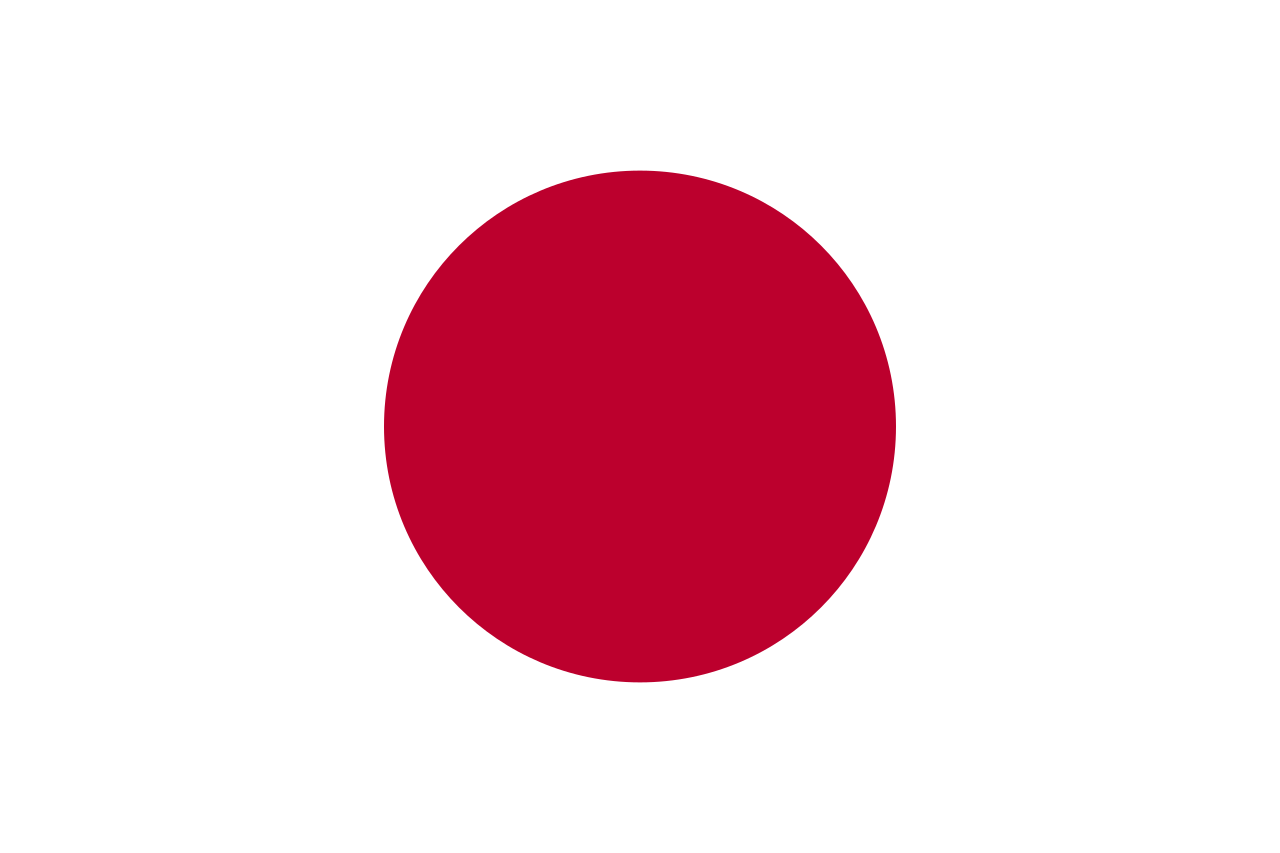
This is from a piece originally written in Japanese by Harano Jōji of Nippon.com:
In January 2015 the University of Pennsylvania released the 2014 Global Go To Think Tank Report, an influential and comprehensive ranking of 6,618 policy institutes around the world. On the combined US and non-US list, the Japan Institute of International Affairs placed thirteenth and was the highest-placed entry from Asia. The only other Japan-based think tank in the top 100 was the Asian Development Bank Institute, which was ranked twenty-eighth.
While the number of think tanks in Asia has dramatically increased since the turn of the millennium, Japan’s institutes are becoming less active and have lost significant economic clout. Even the JIIA, which focuses principally on foreign policy, is not highly regarded in this category in the University of Pennsylvania’s report, placing only fiftieth in the Top Foreign Policy and International Affairs Think Tanks.
Japanese think tanks tend to have a smaller social role and be less influential than those in Europe and North America. A major reason for this is that many were founded at the instigation of business lobbies or corporations and focus on contributing to these organizations rather than taking a broader outlook and exerting influence in wider politics, economics, diplomacy, and culture. Another factor is that Japan’s bureaucracy has long dominated policy formation and agenda setting. Think tanks are also hemmed in by numerous restrictions on establishment, funding, and taxation.
Here is a previous Nippon.com piece titled "How to Enliven Japan's Foreign Policy Think Tanks."
Canadian think tanks are also said to be in decline.